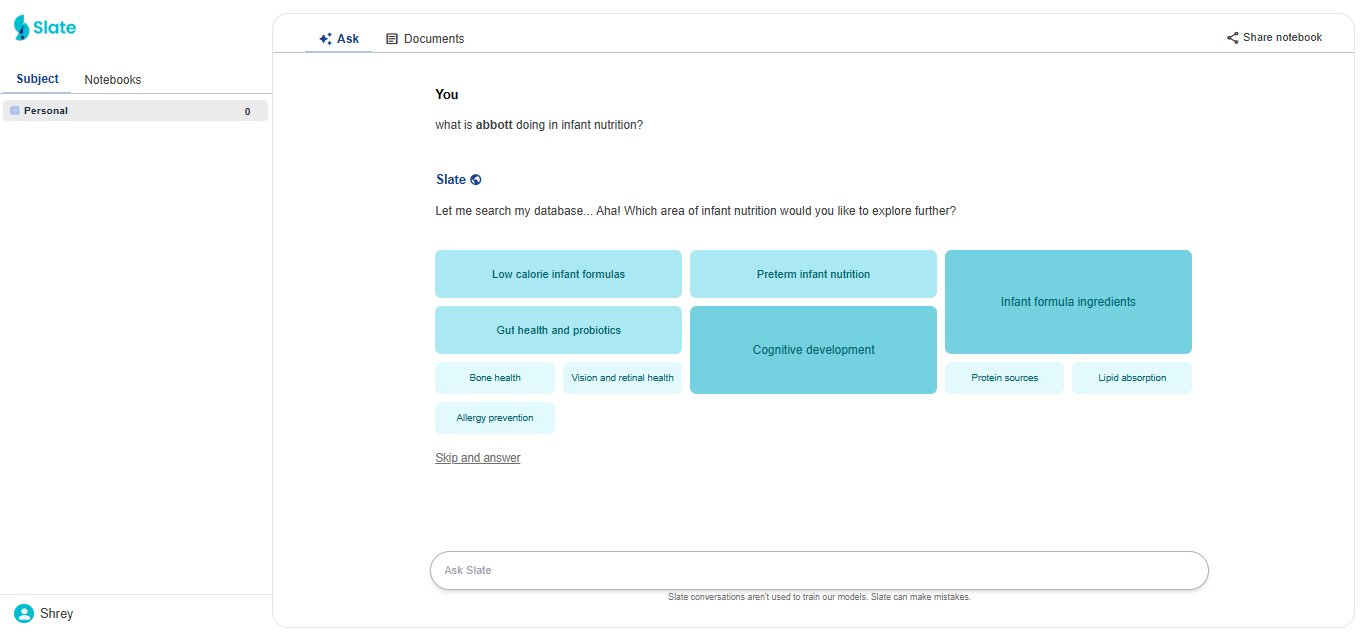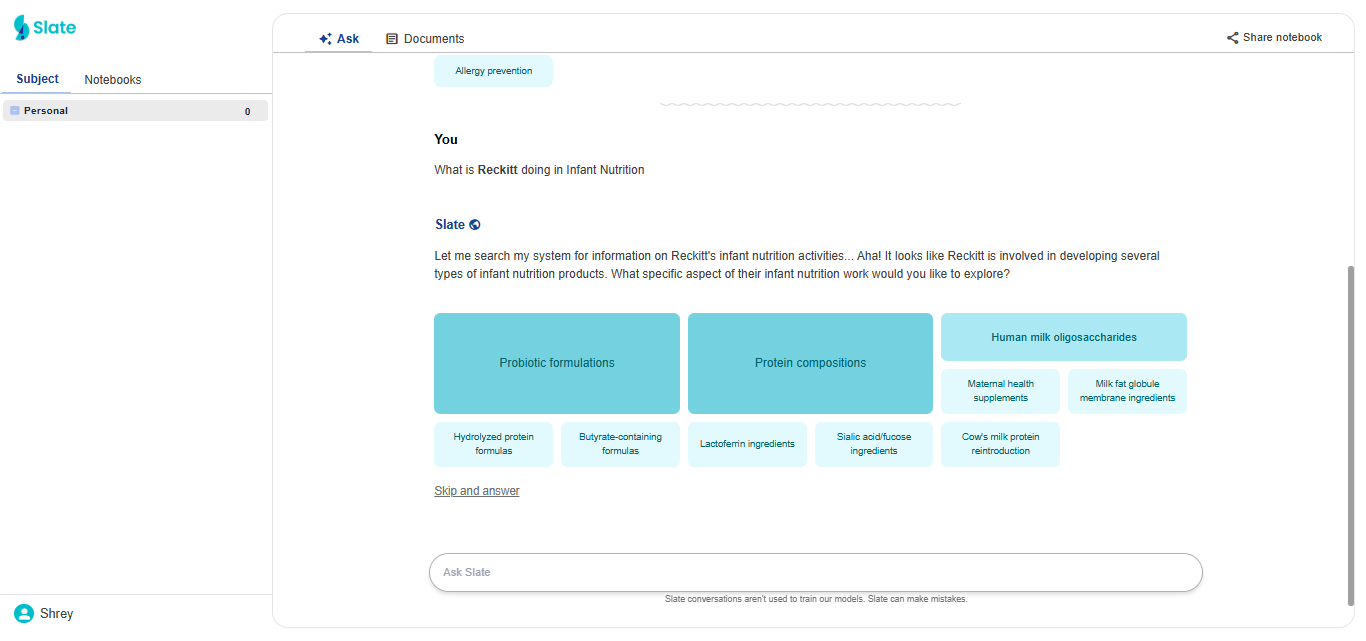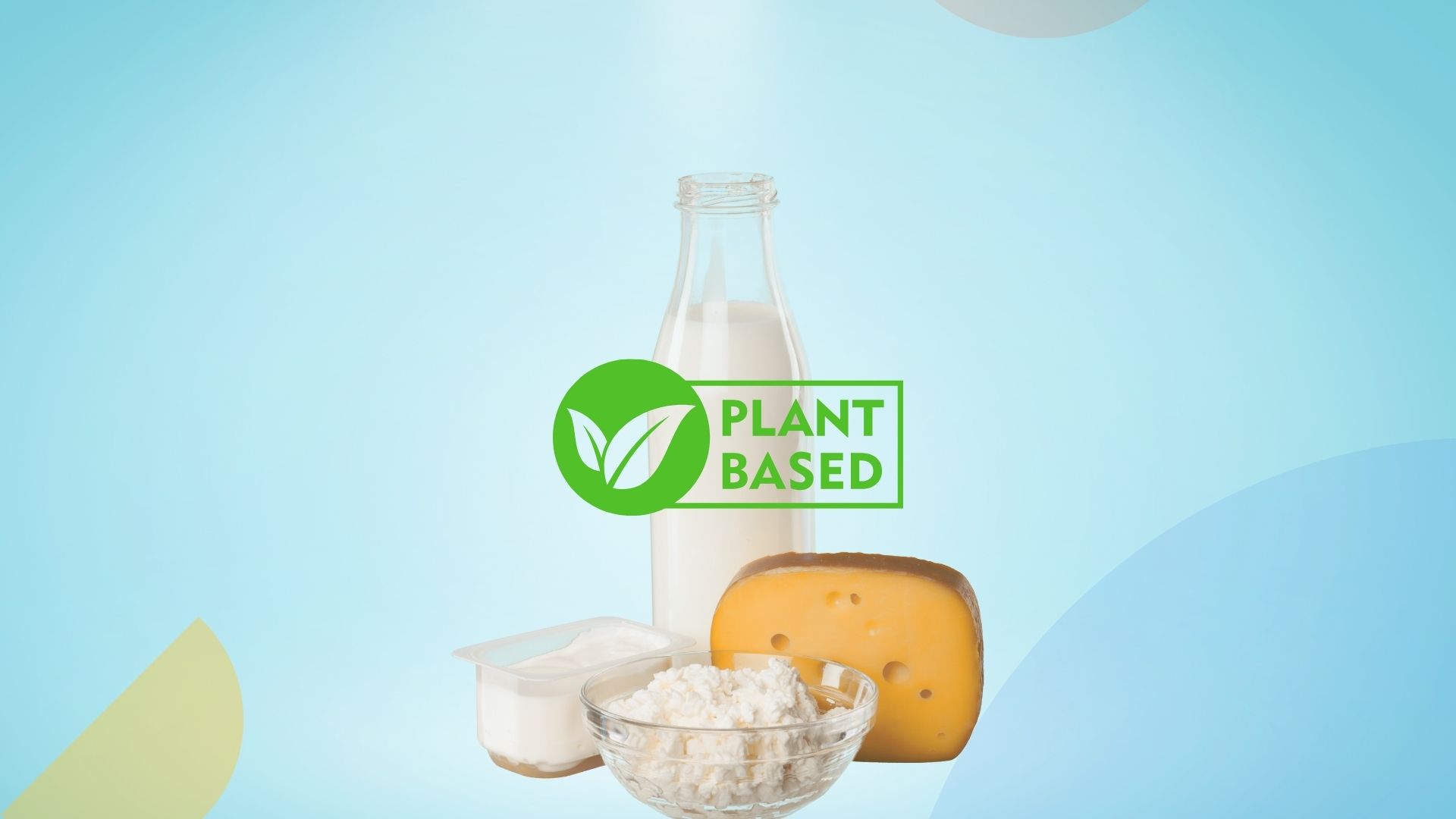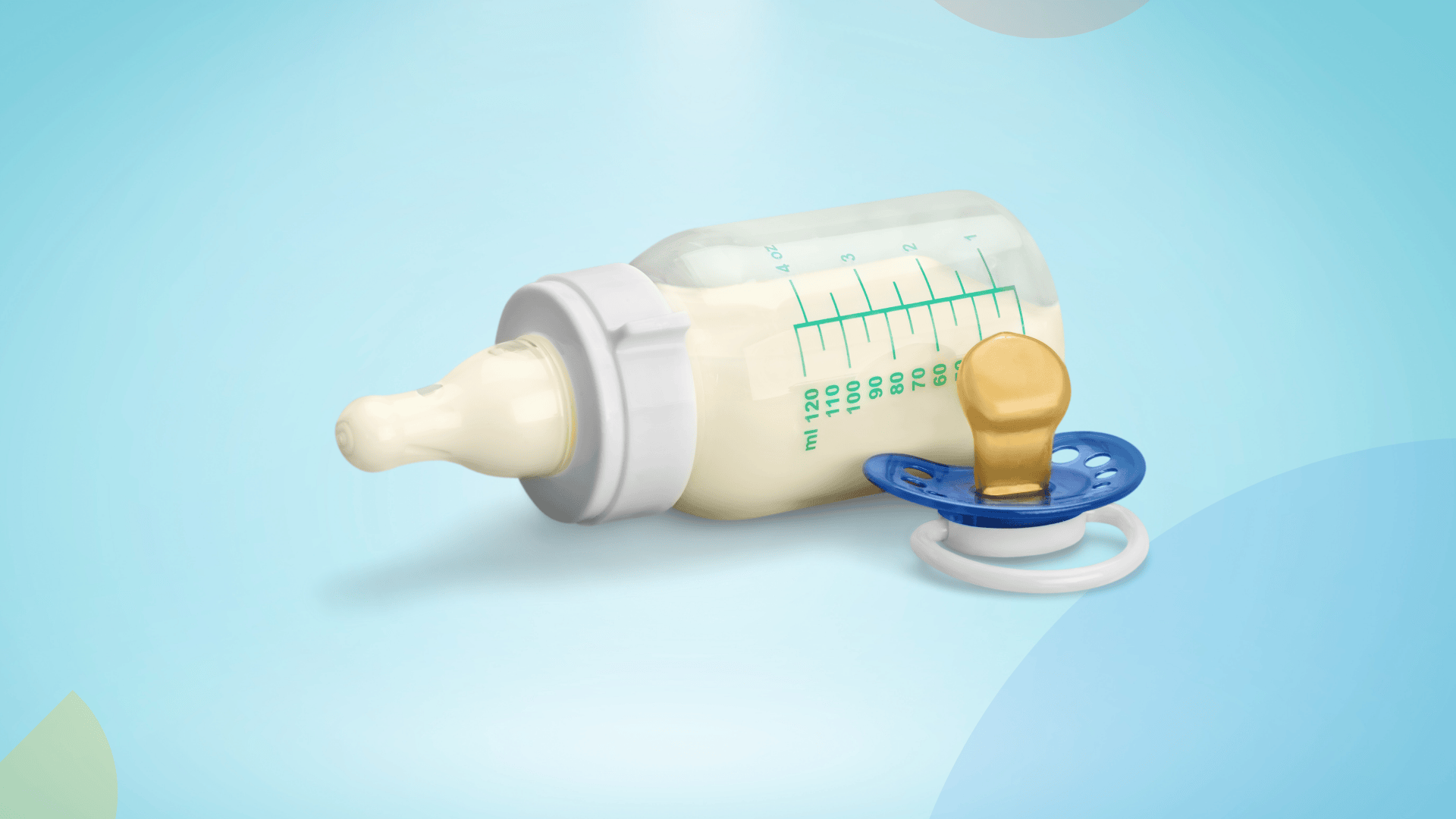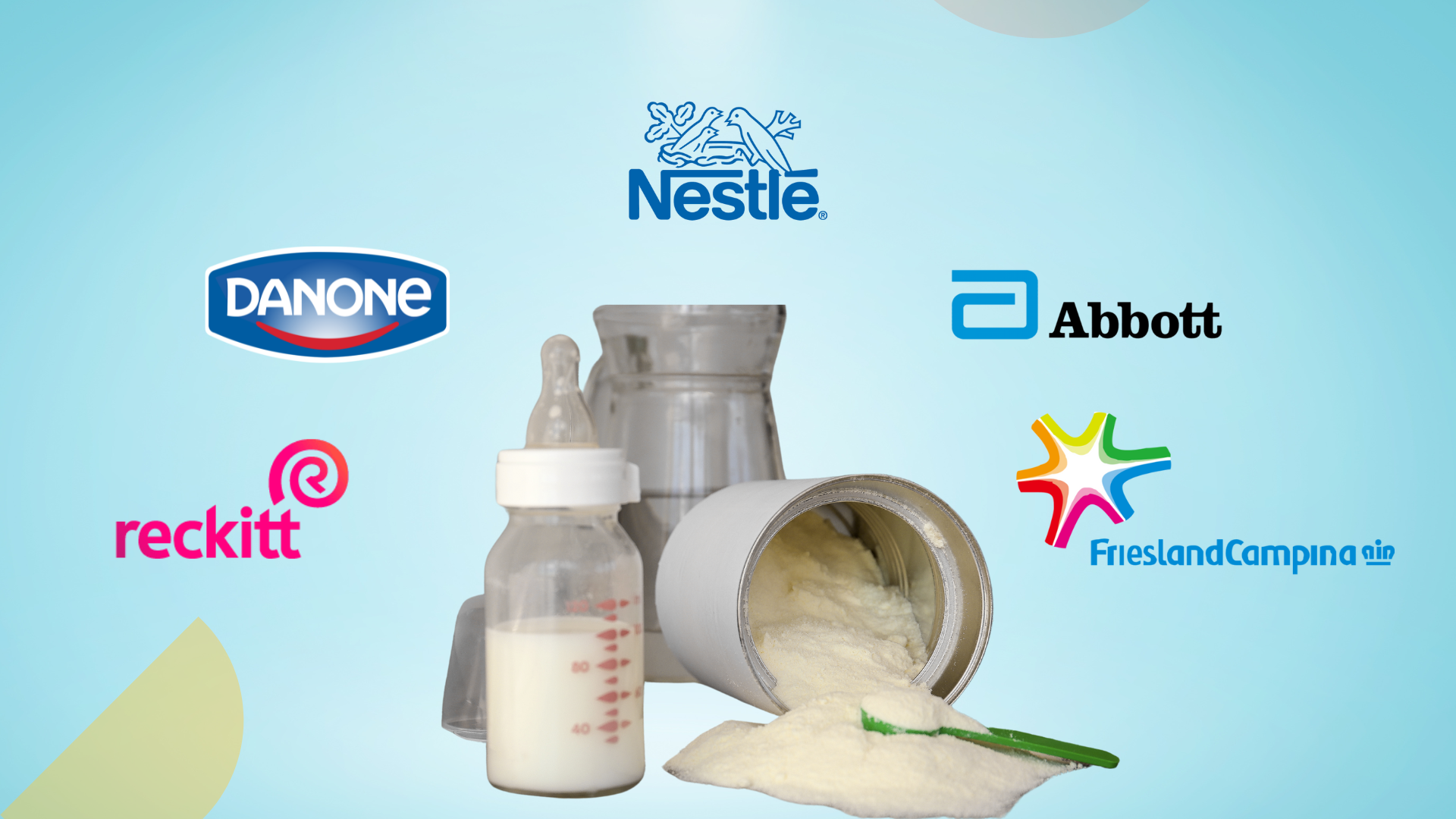New Zealand Milk Products(NZMP) by Fonterra reports that approximately 78% of consumers prioritize organic infant nutrition products for environmental and health concerns. This shift has pressured infant nutrition companies to innovate quickly while navigating strict regulations and rising costs.
Startups like NGeneBio and Nunona are offering personalized nutrition solutions and plant-based formulas. By addressing sustainability and health, these innovations provide critical lessons for R&D teams facing similar challenges.
This article explores how startups are solving key issues and shaping the future of infant nutrition.
GreyB’s report on infant nutrition trends expands further into the key drivers and advancements in HMO-based nutrition, Probiotics, Bifidobacterium Strains, etc.
It also dives into the regulatory and supply chain vulnerabilities and advanced technologies. Fill out the form below to receive the exclusive report in your inbox:
Get the Report in your Inbox
Whole milk formulas mimic breast milk’s nutrition
Research highlights that milk fat contains over 400 fatty acids, including palmitic acid. When this acid is in the SN-2 position, it supports energy production and calcium absorption.
However, formulas that use vegetable oils place palmitic acid in positions that hinder absorption. This results in calcium soaps forming in the gut, leading to poor calcium uptake and harder stools.
A Whole-Milk Innovation by Nara Organics
| Website | https://narababy.com/ |
| Founder | Esther Park |
| Funding | $6.5M (Venture – Series unknown) |
| Technology | Organic, whole milk formula |
Nara Organics, based in New York, tackles this issue with a novel formula, which includes organic, whole milk. This innovation closely mimics the fat content of breast milk.
Nara’s formula enhances nutrient absorption and promotes healthy infant growth by including milk fat globule membranes and essential fatty acids.
Unlike traditional skim milk formulas, Nara’s approach provides a complete and natural nutritional solution. Its Baby Tracker app also helps parents monitor feeding, naps, and other activities, offering a holistic approach to infant care.

Goat milk formulas solve soy’s nutrient gaps and cow milk’s environmental cost
Soy-based formulas are often used for infants with cow’s milk allergies. However, the heavy processing of soybeans strips them of key vitamins and minerals.
Studies suggest that high levels of phytoestrogens in soy formulas can mimic estrogen, potentially causing hormone disruptions in infants.
On the other hand, cow milk-based formulas come with significant environmental challenges. Dairy production contributes to high methane emissions and consumes large amounts of land and water. Furthermore, the widespread use of hormones and antibiotics in dairy farming raises both environmental and health concerns.

A Goat Milk-Based Solution by The Bêne Baby Company
| Website | https://benebabycompany.com/ |
| Founder | Dr. Nikos Linardakis |
| Funding | Undisclosed |
| Technology | Cow milk alternative modeled after breast milk |
The Bêne Baby Company offers a goat milk-based formula that is a healthier alternative to cow milk and soy-based formulas. Goat milk is more easily digestible and offers a hormone-free solution for lactose-intolerant infants. The company’s formula is also free from corn syrup, palm oil, and soy derivatives, addressing concerns about nutritional quality and environmental sustainability.
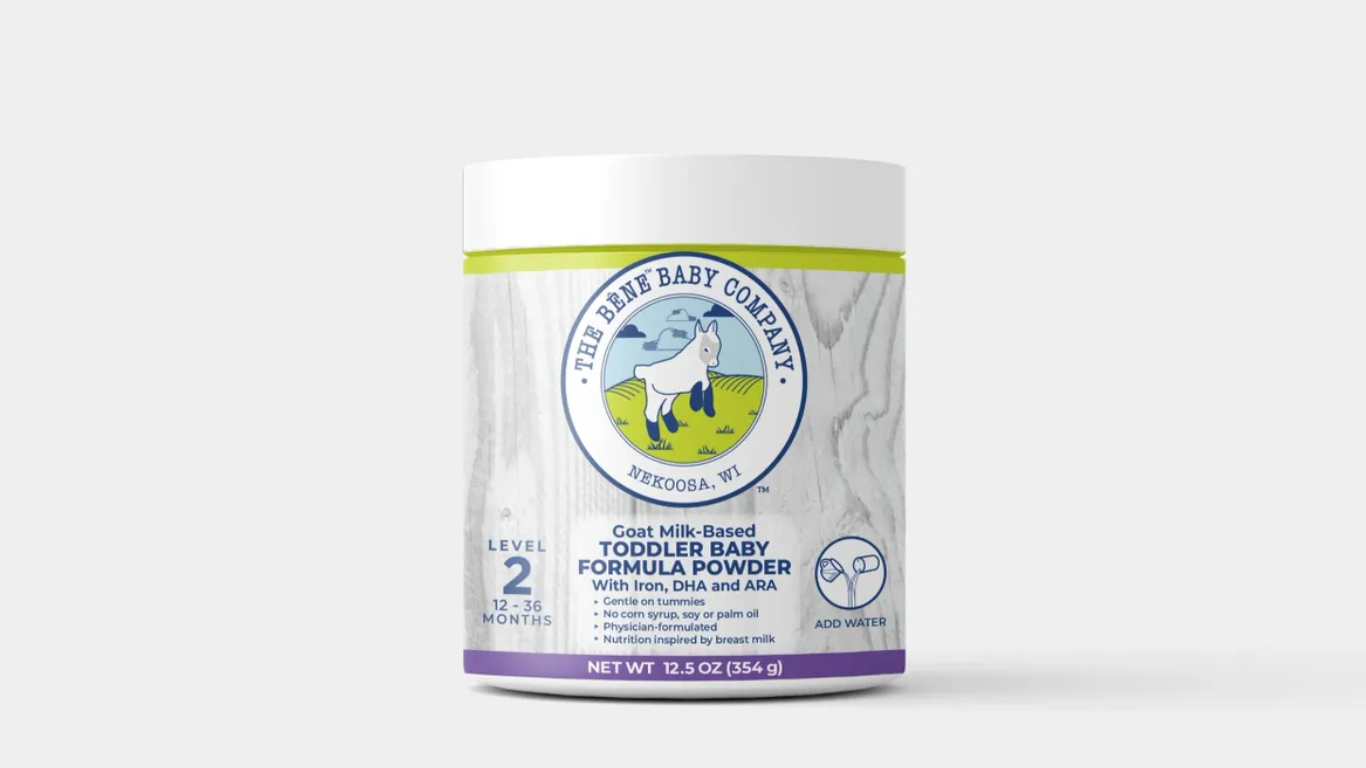
By using goat milk, Bêne Baby reduces the environmental footprint associated with cow milk production, making it a more eco-friendly and nutritionally rich alternative.
Related Read
Plant-based baby formulas cater to families reducing animal-based products
Recent research indicates that the demand for plant-based baby food is growing significantly as parents prioritize health and sustainability. 81% of families with children have integrated plant-based protein into their diets.
This shift reflects broader consumer trends toward reducing animal-based products and embracing plant-powered nutrition.
Plant-Based Infant Formula by Nunona
| Website | https://www.nunonalife.com/ |
| Founder | Krista Maas de Villiers |
| Funding | Non-equity Assistance round |
| Technology | Plant-based baby food |
Nunona, a U.S.-based startup, is meeting this demand by offering plant-based infant nutrition that mirrors the macronutrient profile of human breast milk.
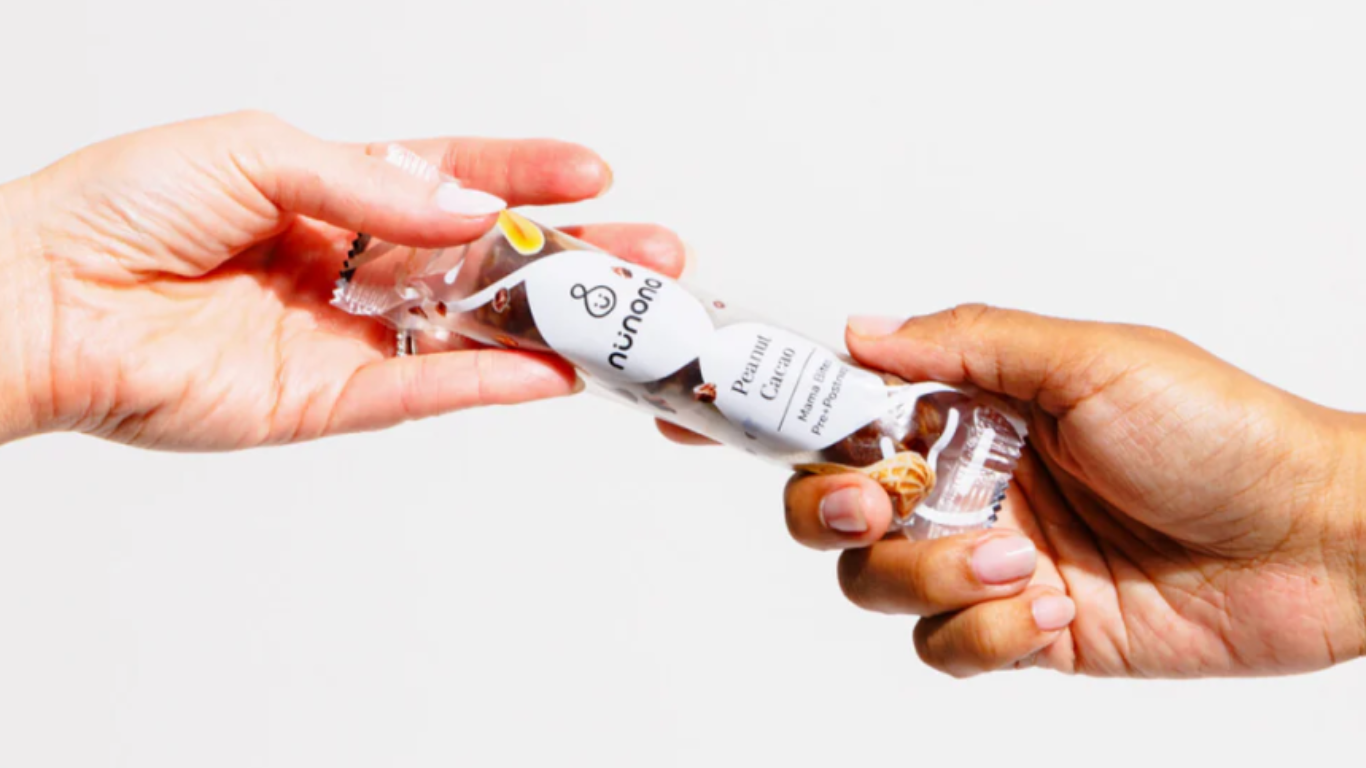
Made from nuts, seeds, fruits, and vegetables, their formula is nutrient-rich and more sustainable than animal-derived formulas.
Their products use fewer resources and generate lower greenhouse gas emissions, offering an eco-friendly alternative.
Solving cow milk allergies and emissions with precision fermentation technology
Cow’s milk-based formulas pose significant infant allergy risks and are linked to a large carbon footprint. Studies show that 5-15% of infants experience cow’s milk protein allergy (CMPA), making cow-based formulas unsuitable for babies.
Moreover, dairy production accounts for 3.4% of global greenhouse gas emissions, making these formulas environmentally unsustainable.
Precision Fermentation for Cow-Free Infant Formula by Milk Care Company
| Website | https://harmonybabynutrition.com/ |
| Founder | Wendel Afonso |
| Funding | $7.5M (Seed Round) |
| Technology | Precision fermentation/Protein farming |
Milk Care Co. Inc., with its Harmony brand, uses precision fermentation to produce infant formulas based on human breast milk proteins without relying on cow’s milk. Their patented process recreates key breast milk components like Human Milk Oligosaccharides (HMOs), which support the infant microbiome, enhancing immunity and digestion.
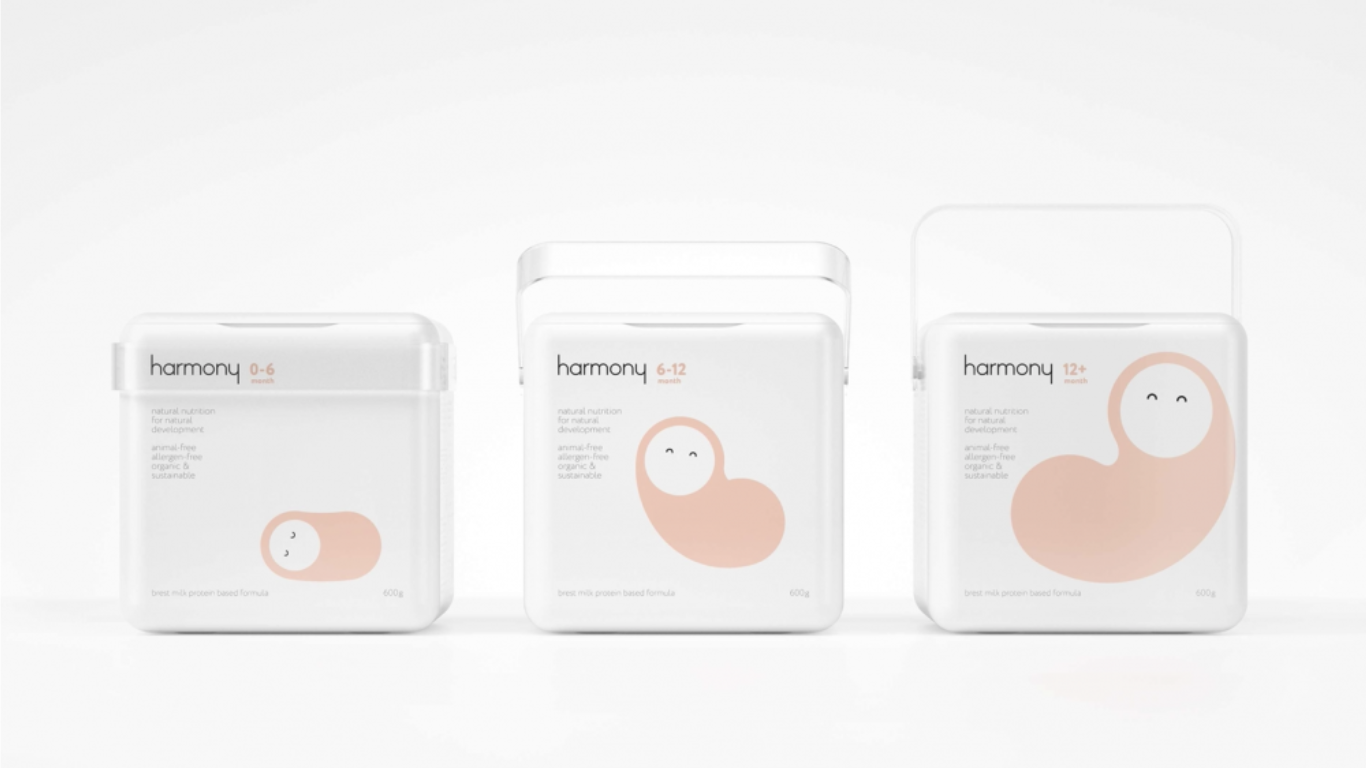
This technology eliminates the risks of cow milk allergies and drastically reduces greenhouse gas emissions by up to 82%, making it both a safer and more sustainable choice.
Microbiome-based infant nutrition adapts to each baby’s unique health profile
80% of the immune system is influenced by the gut microbiome, which varies from baby to baby. However, most infant nutrition products follow a one-size-fits-all approach, offering the same nutritional profile to all babies despite variations in health, growth patterns, and microbiomes. This model overlooks infants’ unique nutritional needs.
Personalized Infant Nutrition by NGeneBio
| Website | https://www.ngenebio.com/kr/ |
| Founder | Daechul Choi |
| Funding | ₩12B (Series B round) |
| Technology | Personalized Nutrition |
NGeneBio, a Korean startup, offers a personalized approach to infant nutrition. By analyzing an infant’s microbiome, the company identifies key biomarkers related to growth and tailors dietary recommendations accordingly. This personalized nutrition plan ensures that each baby receives the nutrients for optimal growth and development. It represents a significant step beyond the one-size-fits-all approach of traditional formulas.
Height and bone-focused nutrition fills gaps in kids’ growth support
As children grow, many parents look for nutritional products to promote height and bone density. However, the market for specialized products targeting these areas remains limited. Research shows that childhood and adolescence are crucial periods for bone development, with more than 95% of peak bone mass acquired during this time.
This gap leaves many parents without options to optimally support their child’s physical development.
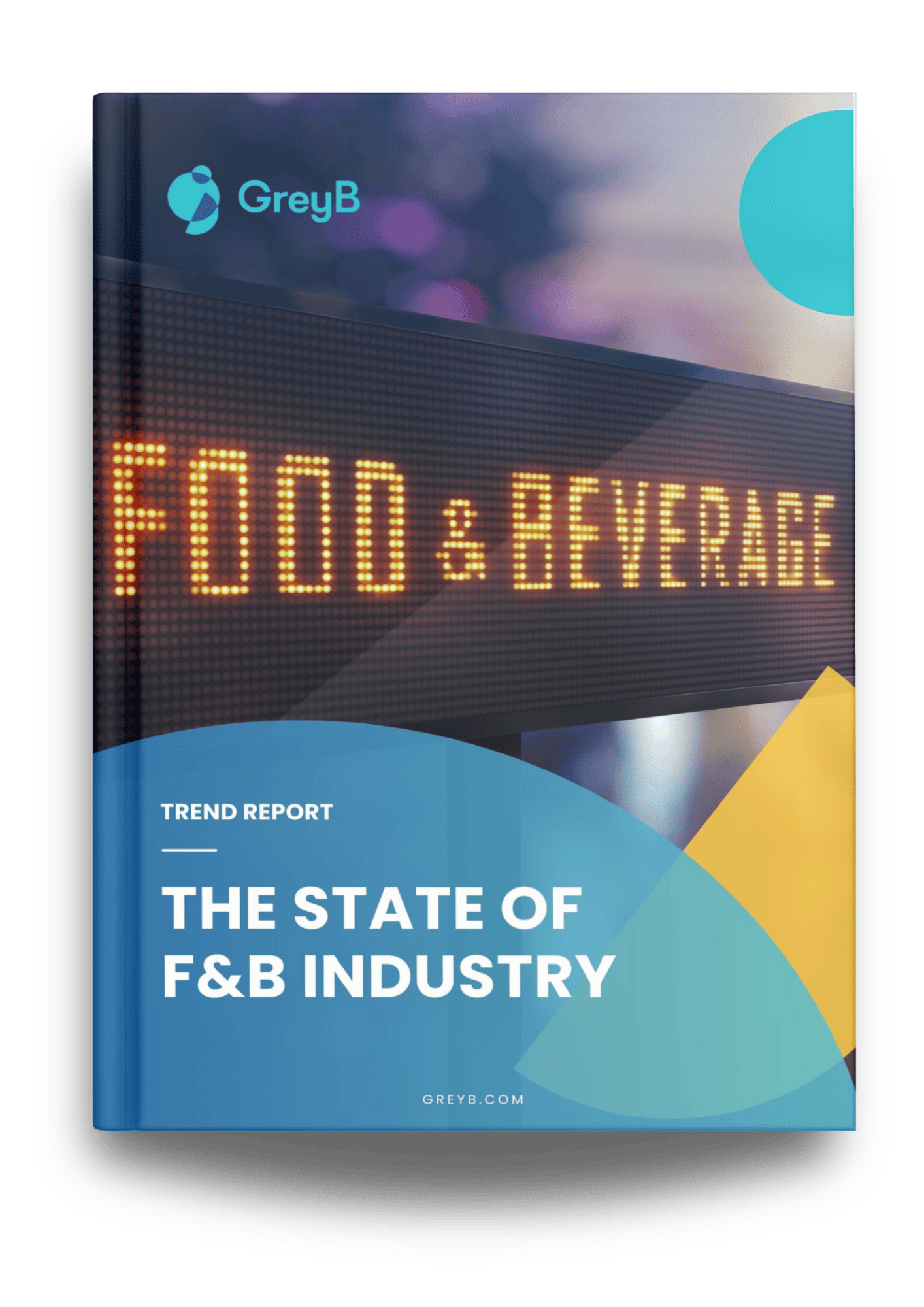
food & beverage Trends Report
Request A CopyFunctional Foods by Wellrest
| Website | https://www.wellrest.co.kr/ |
| Founder | Seongin Jeong |
| Funding | Seed round |
| Technology | Health functional food for height growth in children |
Wellrest Co. Ltd., a Korean startup, is filling this gap with a unique formula that promotes height growth and improves children’s bone density. The formula, made with chrysanthemum and oat extract, stimulates growth hormone secretion and enhances bone health.
With the increasing demand for functional foods targeting children’s development, Wellrest offers a focused height and bone growth solution.
As the infant nutrition industry evolves, staying updated on innovative solutions is crucial for companies to remain competitive. Some key challenges include:
- Shifting from traditional formulas to more sustainable, health-focused options.
- Meeting increasing consumer demand for plant-based and personalized nutrition solutions.
- Integrating new technologies like precision fermentation to create safer, more effective products.
Understanding how these trends will impact your product development or R&D strategy will keep you one step ahead of the competitors.
Find these research trends and the latest developments on our proprietary research platform, SLATE.
